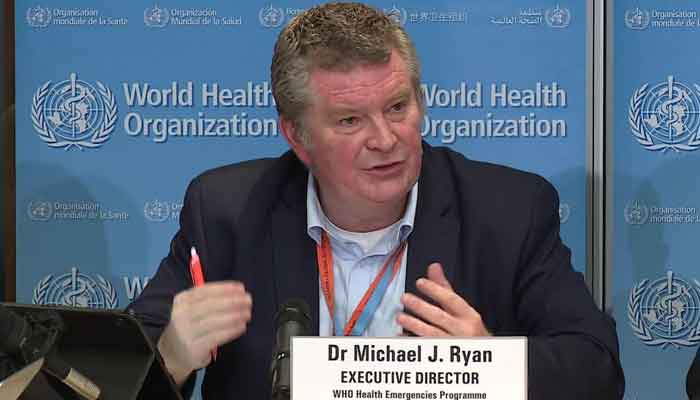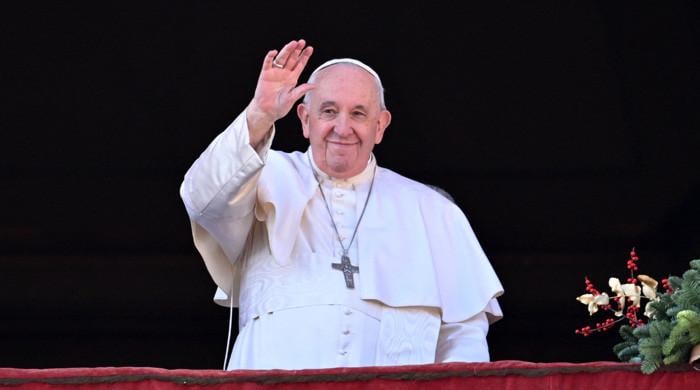‘The next pandemic may be even more severe’, warns WHO
WHO chief says we must ensure that countries are not punished for transparently sharing new findings.
December 29, 2020

- COVID-19 is not necessarily the big one, says WHO’s Dr Mike Ryan.
- United Kingdom and South Africa are carrying out studies to detect new variants of the coronavirus.
- WHO chief says we must ensure that countries are not punished for transparently sharing new findings.
PARIS: The world needs to get its act together and prepare for the next pandemic which may be even more severe, the World Health Organization warned on Monday.
In the last press briefing of the year, Dr Mike Ryan, head of the WHO Emergencies Program, said the coronavirus pandemic has spread around the world extremely quickly and affected every corner of the planet.
“But this is not necessarily the big one,” he added, “The [COVID-19] virus is very transmissible and it kills people, yet its current fatality is reasonably low in comparison to other emerging diseases. So, this is a wake-up call.”
Read more: 3 cases of new infectious 'UK strain' of coronavirus detected in Sindh
The doctor stressed on the need for countries to be equipped to deal with future pandemics.
“If there is one thing we need to take from this pandemic, with all of the tragedy and loss, it is that we need to get our act together. We need to get ready for something which may be even more severe in the future.”
Mutant variants
In the same briefing, the WHO chief Tedros Adhanom Ghebreyesus told reporters that the organization is learning new things about the virus every day.
Read more: Canada reports first two coronavirus variant cases
He spoke about the new variants of the coronavirus detected in the United Kingdom and South Africa, which he said was possible due to the two countries carrying out epidemiologic and laboratory studies.
"Only if countries are testing effectively will you be able to pick up variants and adjust strategies to cope", said the WHO chief. "We must ensure that countries are not punished for transparently sharing new scientific findings".











